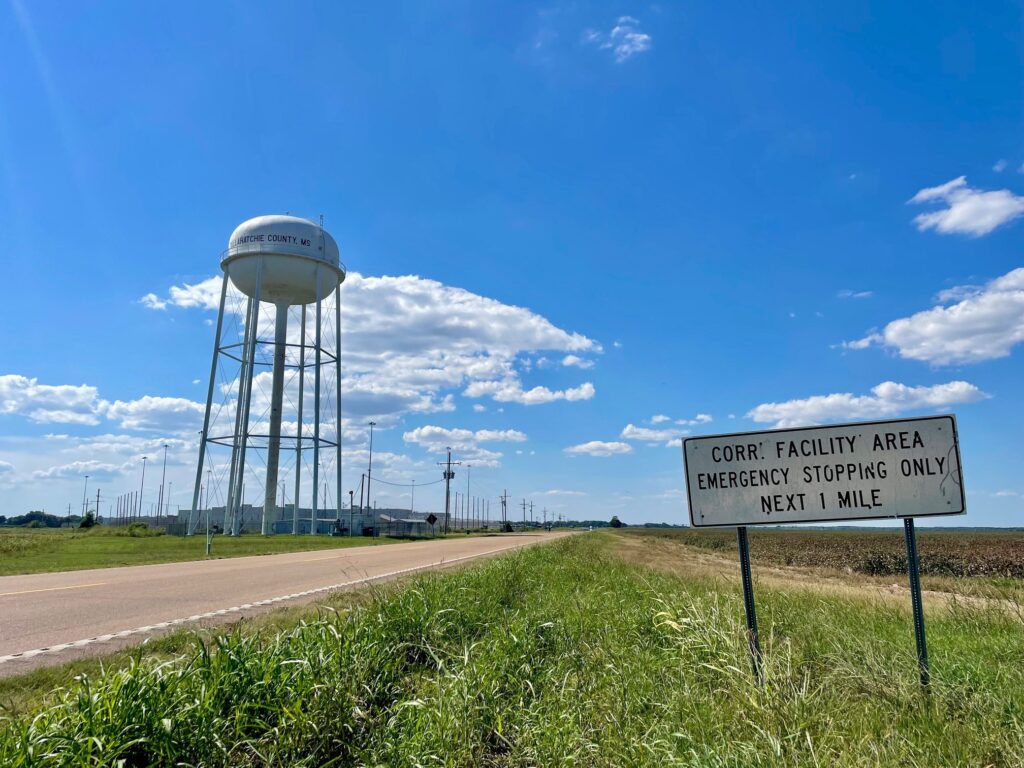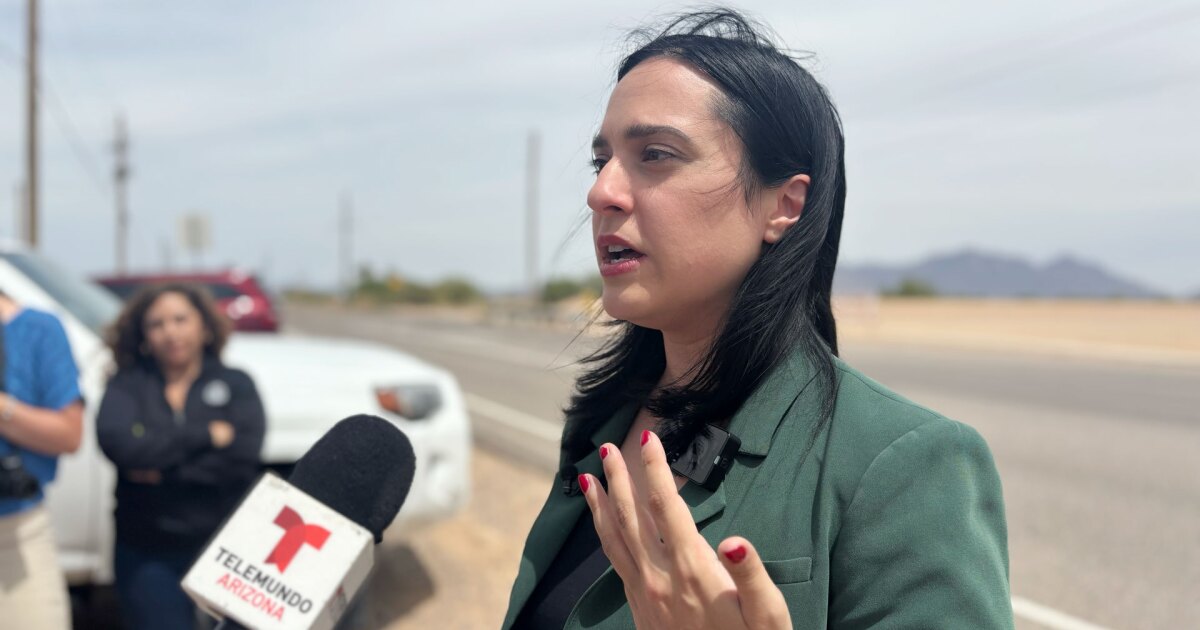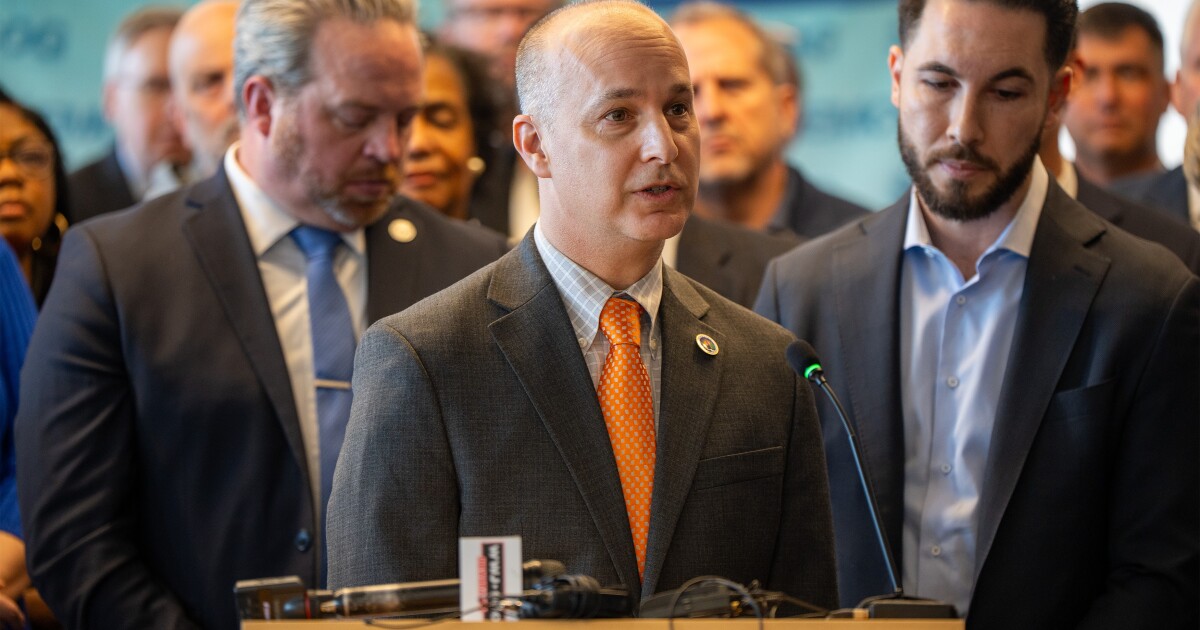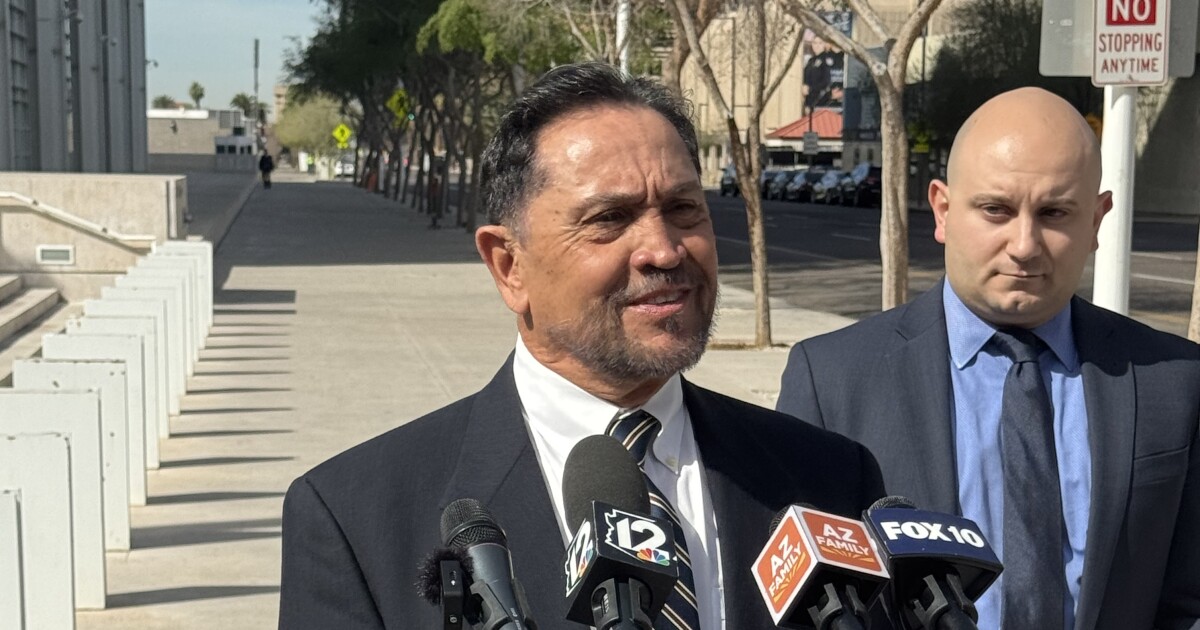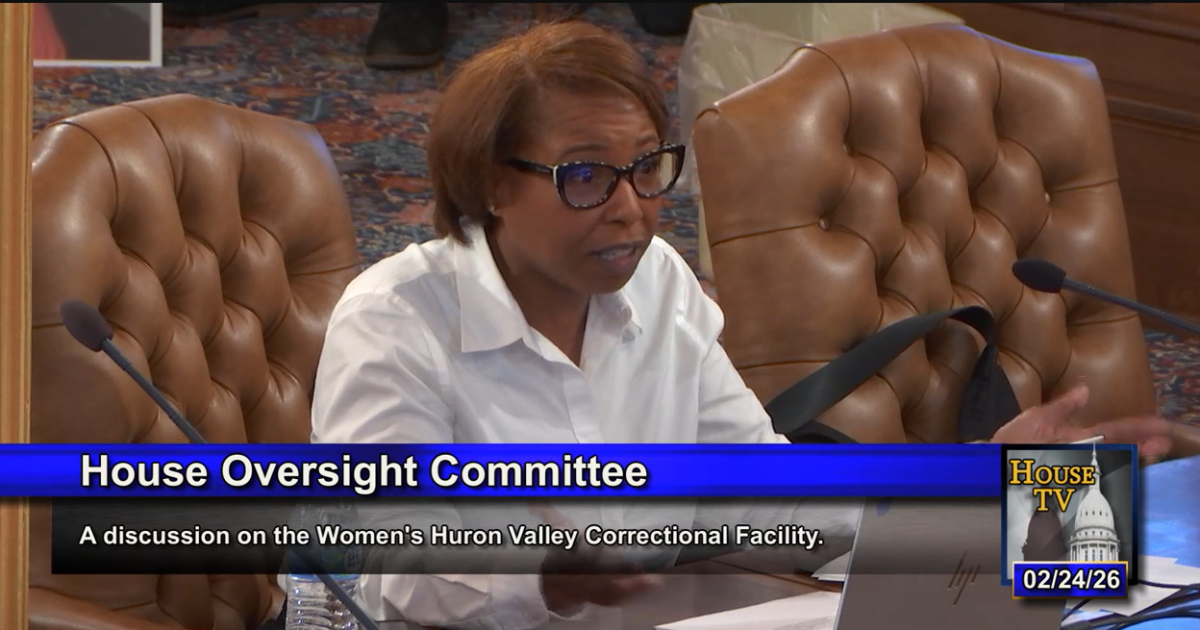TUTWILER, MISSISSIPPI — As Mississippi Delta’s cotton fields bloom, the Tallahatchie County Correctional Facility, a private prison run by CoreCivic, stands enclosed by a tall fence. CoreCivic, the largest prison-operating company in the U.S., rakes in nearly $2 billion annually. Tutwiler, known as the birthplace of blues, hosts this prison where Montana inmates are held under a lucrative contract.
The Montana Department of Corrections signed a two-year contract with CoreCivic in January to house inmates in Tutwiler due to overcrowding at Montana’s Deer Lodge prison. This contract, along with others in Arizona, costs Montana about $19 million yearly. The decision has sparked concerns over reduced inmate programs and high costs for families visiting out-of-state facilities.
Family members like Phyllis Richardson, whose son is in Tallahatchie, struggle with travel expenses. “His kids can’t come. He can’t see his family,” she expressed. The facility offers more beds than Tutwiler’s population, emphasizing the town’s reliance on the prison for economic sustenance.
RECENT HISTORY
Montana’s contracts with CoreCivic began in 2023, covering 120 out-of-state beds in a prison infrastructure bill. The Arizona facility charges Montana $90 per bed per day. In January, the Mississippi contract was announced for 240 beds at $82 per day through 2026, addressing overcrowding issues. Senator Barry Usher emphasized the need for more space in Montana prisons, suggesting inmates return once expansion is complete.
Despite state efforts to increase prison capacity, advocacy groups argue against more prison beds. Instead, they propose addressing parole violations and drug offenses that contribute significantly to the incarcerated population.
THREE DECADES IN THE MAKING
Montana’s reliance on out-of-state prisons started decades ago. Overcrowding at the Montana State Prison was identified in 1994, but the inmate population doubled by 2001. Contracts with private prison operators like CoreCivic, then CCA, were a common solution, with 33% of Montana inmates held out-of-state in 2001. The prison industry’s growth paralleled the rise in incarceration rates.
The Tallahatchie County Correctional Facility, built in 1998, promised economic benefits to the region. The prison, paying high wages and property taxes, remains a vital economic pillar for Tutwiler.
COSTS TO VISIT
Visiting inmates in out-of-state prisons poses financial challenges for Montana families. KC Betchie highlighted the high costs of visiting her brother in Arizona. Commissary prices are higher due to local taxes, and travel expenses add to the burden. The remote location of the Tallahatchie facility compounds these issues, making visits costly and logistically challenging.
Families like Audra Holcomb’s face hurdles in maintaining contact with relatives, highlighting the emotional toll of separation caused by the contracts.
FEWER PROGRAMS AND LEGAL IMPLICATIONS
CoreCivic’s refusal to allow visits to the Tallahatchie prison contrasts with the DOC’s regular inspections. The lack of inmate programs and transparency in inmate selection for out-of-state transfers concern advocacy groups. Stocker from the Montana DOC noted ongoing efforts to introduce vocational programs at the facility.
Legal challenges arise as inmates’ distant locations hinder communication and legal representation, complicating the work of organizations like the Montana Innocence Project. Concerns about constitutional rights and due process amplify the criticisms of current prison policies.
AT A CROSSROADS
Gov. Gianforte and state officials plan to expand prison capacity, with new housing units expected by 2028. However, advocates call for decarceration and alternative solutions to address the root causes of incarceration rather than expanding infrastructure.
—
Read More Montana News

